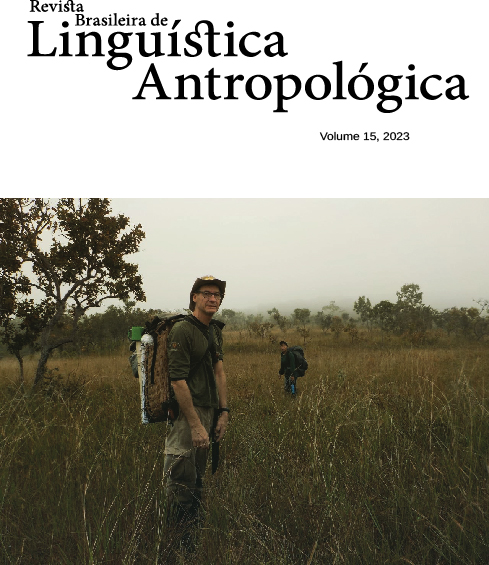Abertura da Parte II - Um ano de governo Lula e as principais dificuldades no apoio às políticas voltadas aos povos isolados e de recente contato
DOI:
https://doi.org/10.26512/rbla.v15i1.51944Keywords:
Políticas Indígenas, Indigenismo, Políticas de Proteção para Povos Isolados e de Recente Contato, TupiAbstract
Passado um ano desde a publicação da primeira parte desse dossiê, esta segunda parte é recepcionada por um Brasil que vive momento político bastante distinto daquele. Em resposta à política declaradamente anti-indígena que prevaleceu durante os anos de governo anterior, o presidente Lula, cumprindo uma promessa de campanha, criou o Ministério dos Povos Indígenas e lideranças do movimento indígena nacional foram nomeadas para cargos públicos, inaugurando um momento histórico em que indígenas, pela primeira vez, assumem cargos no alto escalão do executivo federal. Por outro lado, o ressuscitar do debate sobre o chamado Marco Temporal foi a tônica da empreitada anti-indígena que segue intensa também dentro do parlamento. Diante desse contexto, a segunda parte de nosso dossiê segue o propósito inicial de contribuir para ampliar a reflexão acerca dos distintos históricos de contato e resistência vividos por povos em isolamento e em contato inicial, com um foco especial em indígenas de línguas tupi, apresentando estratégias e metodologias que vêm sendo construídas e aplicadas mediante as referidas políticas de proteção.
References
Braga, Leonardo Viana, Cangussu, Daniel, & Furquim, Laura. P. (2022). Abertura: Instrumentos de promoção das políticas para povos indígenas isolados e de recente contato: os Tupi no arco do desmatamento. Revista Brasileira De Linguística Antropológica, 14(1), 15–60. https://doi.org/10.26512/rbla.v14i1.46430
Downloads
Published
Issue
Section
License
Copyright (c) 2023 Revista Brasileira de Linguística Antropológica

This work is licensed under a Creative Commons Attribution 4.0 International License.
Authors who publish in RBLA agree to the following terms:
a) Authors maintain the copyright and grant the journal the right of first publication, and the work is simultaneously licensed under the Creative Commons Attribution License, which allows the sharing of the work with recognition of the authorship of the work and initial publication in this journal.
b) Authors are authorized to assume additional contracts separately, for non-exclusive distribution of the version of the work published in this journal (eg, publish in an institutional repository or as a book chapter), with recognition of authorship and initial publication in this journal.
c) Authors are allowed and encouraged to publish their work online (eg, in institutional repositories or on their personal page) at any point before or during the editorial process, as this can generate productive changes, as well as increase impact and citation of the published work.










